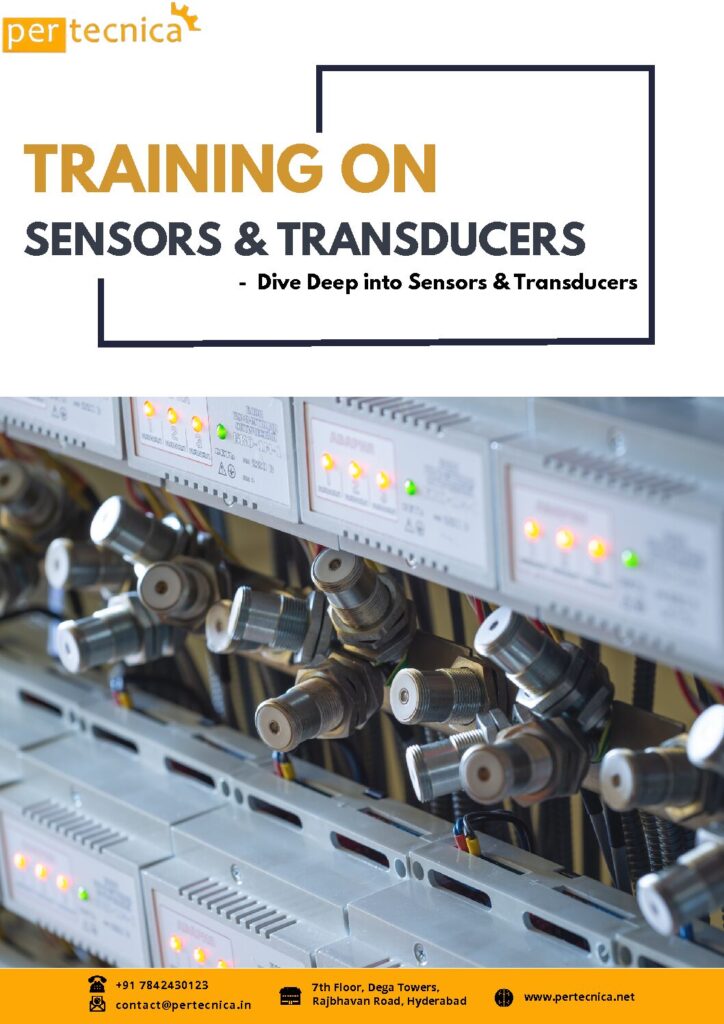Join our engaging Training Program on Solid State Sensors, Actuators, and Transducers, specifically tailored for employees looking to advance in the field of modern electronics and control systems. This comprehensive course demystifies the world of solid-state technology, providing in-depth knowledge on the design, function, and application of sensors, actuators, and transducers. Ideal for engineers, technicians, and professionals in automation and control industries, our training covers critical topics such as sensor technologies, actuator mechanisms, signal processing, and the integration of transducers in control systems.
With a focus on practical applications and current industry standards, participants will gain hands-on experience and learn how to implement these components effectively in various industrial scenarios. Enroll now to enhance your technical skills and stay ahead in the rapidly evolving field of solid-state electronics

